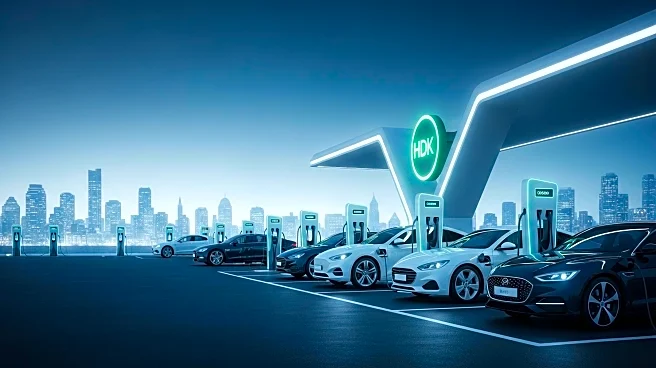What's Happening?
Antonio Filosa, CEO of Stellantis, has called on the European Union to adopt a more flexible approach regarding the 2035 ban on internal combustion engines. Filosa argues that encouraging the replacement of older cars with new models offering a variety of powertrains could have a more significant impact on global CO2 emissions than focusing solely on new car sales. This stance highlights Stellantis' concern over the potential economic and industry implications of the EU's stringent regulations.
Why It's Important?
Filosa's appeal for flexibility underscores the challenges faced by automakers in transitioning to electric vehicles while maintaining economic stability. The EU's 2035 ban on combustion engines represents a significant shift in automotive policy, impacting manufacturers' strategies and investments. Stellantis' position reflects broader industry concerns about balancing environmental goals with economic realities, potentially influencing future regulatory discussions and policy adjustments.
What's Next?
The EU may consider Stellantis' recommendations as part of ongoing discussions about automotive regulations and environmental policies. Automakers will continue to adapt their strategies to align with evolving regulations, focusing on innovation and sustainability. Stakeholders, including industry leaders and policymakers, will monitor developments closely, assessing the impact on the automotive sector and broader economic trends.









